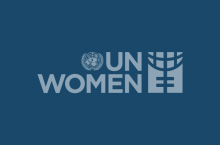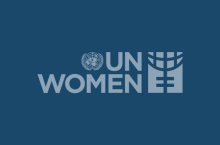We stand with women workers worldwide in the fight to close the #genderpaygap and achieve equal pay for work of equal value. This persistent gap is a fundamental inequality that undermines women’s rights, jeopardizes women’s income security, and impedes sustainable economic development.
Three decades ago, governments committed themselves to “enact and enforce legislation to guarantee the rights of women and men to equal pay for equal work or work of equal value” in the Beijing Declaration and Platform for Action. Yet, despite notable progress on gender equality, and renewed commitment through the Sustainable Development Goals, women globally still earn on average 20 per cent less than men. This gap is even more pronounced for women who face multiple and intersecting forms of discrimination and disadvantage, including women from ethnic and racial minorities, women with disabilities, and migrant women.
The gender pay gap is more than a financial shortfall for women. It is also a reflection of the structural barriers that obstruct their progress and contribute to the widespread undervaluation of women’s work, perpetuating inequalities through discriminatory social norms, occupational and sectoral segregation, and unequal access to decent jobs and leadership roles. Closing the gender pay gap is a matter of justice and human rights that would benefit all of society. International Equal Pay Day thus calls us to action to address these broader societal issues of inequalities to ensure that women everywhere receive the fair and equal compensation they deserve.
Through the Equal Pay International Coalition (EPIC)—a multistakeholder partnership led by the ILO, OECD, and UN Women—we support governments, employers, workers, and their organizations in making coordinated progress toward this goal.
On this International Equal Pay Day and as we approach the Summit of the Future and the Beijing+30 anniversary, UN Women calls on governments, employers, and all stakeholders to implement and enforce equal pay legislation, conduct regular pay audits, and ensure that women have equal access to education, training, and career advancement opportunities.
UN Women is committed to advancing decent work and equal pay for work of equal value worldwide and mobilizing key stakeholders to accelerate gender equality and women’s empowerment.

